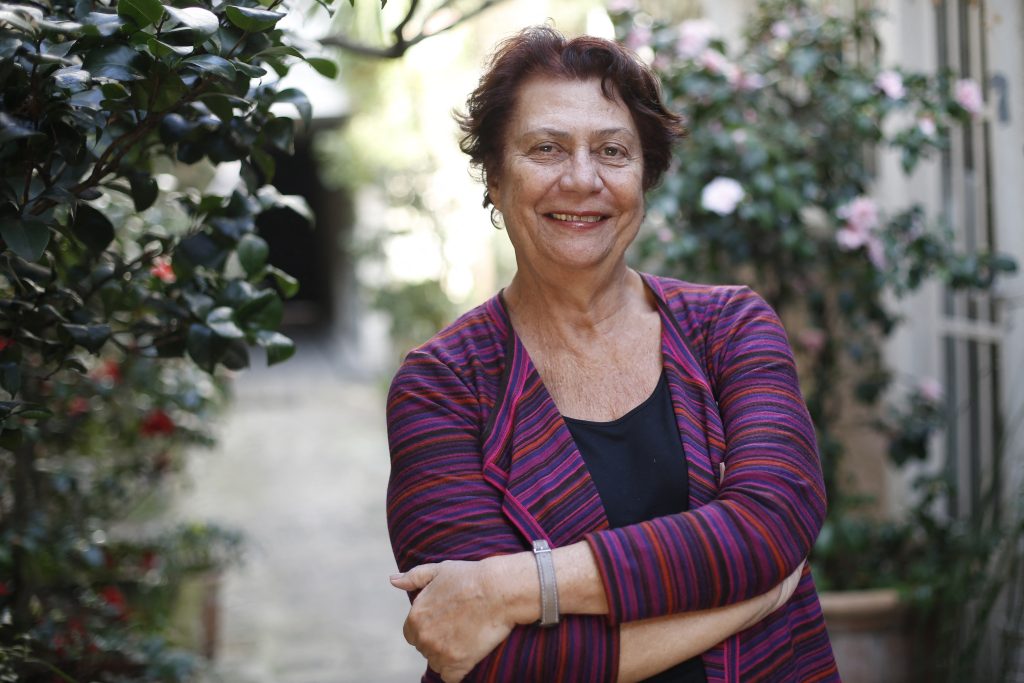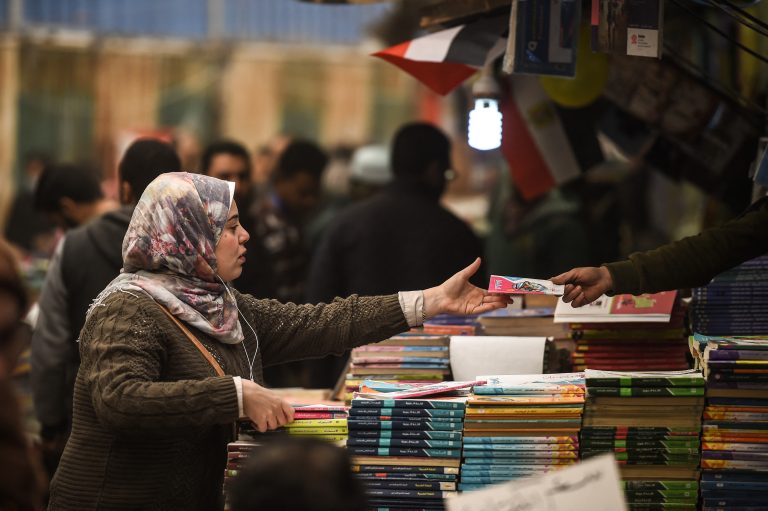São Paulo – Since its establishment in 1991, the Support Program for the Translation and Publication of Brazilian Authors Abroad has contributed to the Arabic translation of 21 Brazilian books. The program is financially supported by Brazil’s Ministry of Foreign Affairs and maintains a partnership with the Guimarães Rosa Institute, an agency affiliated with the Foreign Ministry that stimulates the country’s cultural diplomacy. Out of the 21 books translated into the Arabic, some yet to be released, 17 were translated by publishers in Egypt, three in Lebanon, and one by a German publishing house that will publish it in Arabic.
According to information from Brazil’s National Library Foundation, the first Arabic translation from the Brazilian Portuguese supported by the program was of Two Brothers by contemporary author Milton Hatoum, which was published by Lebanon’s publishing house Dar Al-Farabi in 2001. Nine years later, the same publisher would release a new translation supported by the program: Nur na escuridão [Nur in the Dark] by Salim Miguel (1924-2016).
Read more:
Contemporary authors present a new Brazil
A library from Brazil to the world
Although Machado de Assis (1839-1908) and Clarice Lispector (1920-1977) lead translation projects from the Brazilian Portuguese into other languages, Arab publishing houses are more interested in Brazil’s contemporary authors, though. “Over time, we saw that many contemporary authors started figuring in our support bids, and I believe this is related to literary fairs, which are very important to help spread the Brazilian literature. Many authors attend these fairs,” says Camilla Ramos Ribeiro, coordinator of institutional cooperation at the Center for Cooperation and Dissemination of Brazil’s National Library Foundation.
Since 1991, over 1,300 translations were supported by the program. In 2023, the year when works resumed after the pandemic, 125 publishing houses were supported.
Brazilian books published in Arabic
In 2012 and 2013, Egypt’s publishing house Sphinx published Arabic translations of Esau and Jacob by Machado de Assis, Canaan by Graça Aranha (1868-1931), O consumo [The consumption] by Cristina Von, Você conhece a Joana? [Have You Met Joana?] by Maria Eugenia, and O menino que achou uma estrela [The Boy Who Found a Star] by Marina Colasanti. Also in 2013, publisher Al Arabi translated Symphony in White by Adriana Lisboa.
Publishing house Sefsafa published an Arabic translations Selected Stories by Machado de Assis in 2015, the same year when The Body Snatcher by Patrícia Melo was published by Al Arabi. Sefsafa published Machado de Assis’s The Posthumous Memoirs of Brás Cubas in 2017, and Dom Casmurro in 2018. In 2018 Julián Fuks’s Resistance was published in Arabic by Egypt’s publishing house Mars, and so did Tatiana Salem Levy’s The House in Smyrna by Al Arabi. The following year saw the arrival of Arabic editions of The Invisible Life of Eurídice Gusmão by Martha Batalha by Lebanon’s publishing house Dar Al Adab.

Egypt’s Sefsafa published two new Arabic translations supported by the program in 2022: They Marched Under the Sun by Cristina Judar and Setenta [Seventy] by Henrique Schneider. Infâmia [Infamy] by Ana Maria Machado was published by Egypt’s last year, while Crooked Plow by Itamar Vieira Jr. and The Guardian of Names by Leonardo Garzaro are to be published soon. Finally, Germany’s Sphinx Agency will publish Seraphim Grosse Pointe by Oswald de Andrade (1890-1954).
Ribeiro says that she’s started noticing a new interest of foreign publishers in Brazilian comics and children’s books like O Consumo, Você Conhece a Joana? and O menino que achou uma estrela.
Support to translation of Brazilian books
After the tender is floated, publishing houses apply their projects, which are then evaluated by a five-people committee. Following the approval, publishers have two years to release the book. A key part of the selection process, Ribeiro says, is the analysis of the resumés of translator. She adds that most publishers interested in getting the support learned about the program from being in the mailing list of Brazil’s National Library Foundation, but the Guimarães Rosa Institute plays a critical role in brining in new publishers to the project.
The last tender floated in September last year made BRL 1 million [USD 193,000] available for translation projects. The next tender is slanted to be floated in from June to July, but values are yet to be determined. “Contemporary authors can show our reality in a way that is appealing to foreigner readers, which helps explain their recent boom overseas,” she says.
Find out more.
Translated by Guilherme Miranda




